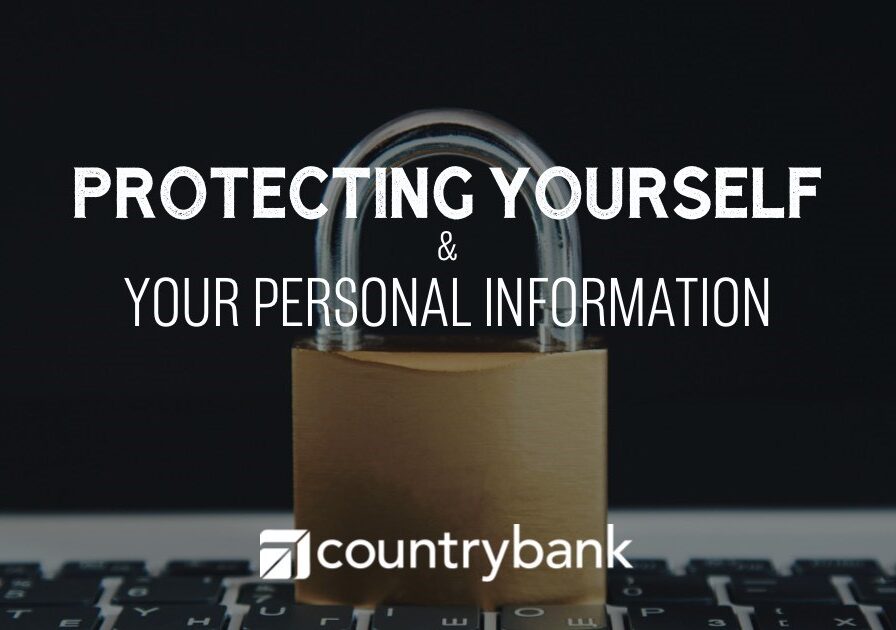Keeping you safe and protected: IRS Scams
Posted on February 10, 2023

IRS Scams
IRS scams involve criminals impersonating IRS agents, other government employees or debt collectors over the phone, online or via the mail in an effort to trick you into sending them money for taxes, penalties or fees you don’t actually owe.
Scammers are especially active during tax-filing season, and people lose millions of dollars a year due to IRS scams. Don’t be one of them. Here’s a list of recent IRS scams, tips on how to spot one and (perhaps) how to get some revenge.
IRS imposter scams
IRS imposter scams occur when someone contacts you pretending to work for the IRS. The imposter may contact you by phone, email, postal mail, or even a text message. There are two common types of scams (not all inclusive):
- Tax collection – You receive a phone call or letter, claiming that you owe taxes. They will demand that you pay the amount immediately, usually with a prepaid debit card or wire transfer. They may even threaten to arrest you if you don’t pay.
- Verification – You receive an email or text message that requires you to verify your personal information. The message often includes a hyperlink phrase which reads “click here.” Or, you may see a button that links you to a fraudulent form or website.
Learn About Tax ID Theft and How To Avoid It
Tax ID theft occurs when someone uses your Social Security number to file taxes and claim a tax refund. You may not know that your tax ID has been stolen until you:
- E-file your tax return and find that another return has already been filed using your Social Security number, or
- The Internal Revenue Service (IRS) sends a 5071C letter to the address on the federal tax return indicating that tax ID theft has occurred.
Find out what steps you can take after receiving a 5071C letter and how you can avoid or report tax ID scams.
- Never click on an email link
- The IRS doesn’t leave prerecorded voicemails, especially ones that claim to be urgent or are threatening. Also, the IRS can’t revoke your driver’s license, business licenses or immigration status.
- Always use an independently verified telephone number to contact the IRS by telephone
Share on:


